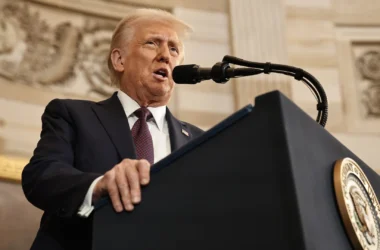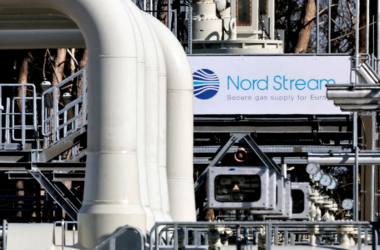Spain is making a bold move to meet its NATO defense spending target, committing €10.4 billion to increase its defense budget by 2025. Prime Minister Pedro Sánchez confirmed the investment after a key ministerial meeting in Madrid on Tuesday, announcing that Spain would finally hit the long-standing goal of allocating 2% of its GDP to defense.
Currently, Spain’s defense budget sits at just 1.28% of GDP, falling short of the 2% target set by NATO. The new investment is expected to close that gap significantly, speeding up Spain’s compliance with the alliance’s pledge. Originally, Spain planned to meet this benchmark by 2029, following an agreement made among NATO members back in 2014.
“Spain is a pacifist country,” Sánchez said, reinforcing that the funding will primarily focus on defense deterrence, particularly in light of growing concerns about security threats to Europe.
The ambitious “industrial and technological plan for security and defense” will not only bolster Spain’s military capabilities but also address modern security challenges. Sánchez made it clear that roughly 87% of the funding will be channeled into Spanish companies, with a small fraction allocated outside the EU. He emphasized that the plan aims to make a major technological leap for Spain, boosting its defense industry.
“In a world full of uncertainty, Europe stands as a beacon of hope and certainty,” Sánchez declared. “We must protect that certainty by strengthening our security systems, because, given the circumstances, only Europe can protect Europe—and Spain will contribute to that effort.”
The plan has faced pushback from Spain’s left-wing coalition partners, with Sumar criticizing it as “incoherent” and “exorbitantly expensive.” Nevertheless, the socialist government is pressing ahead with the initiative.
NATO Secretary-General Mark Rutte has been urging member states to ramp up their military investments, calling on Spain, Portugal, Belgium, and Italy to make substantial progress. “I am calling on you to deliver the 2% by summer,” Rutte said, stressing that NATO must collectively aim for much higher defense spending.
At its upcoming annual summit in The Hague, NATO is expected to raise its defense spending target to at least 3%, signaling a shift towards even greater military investment across the alliance.




